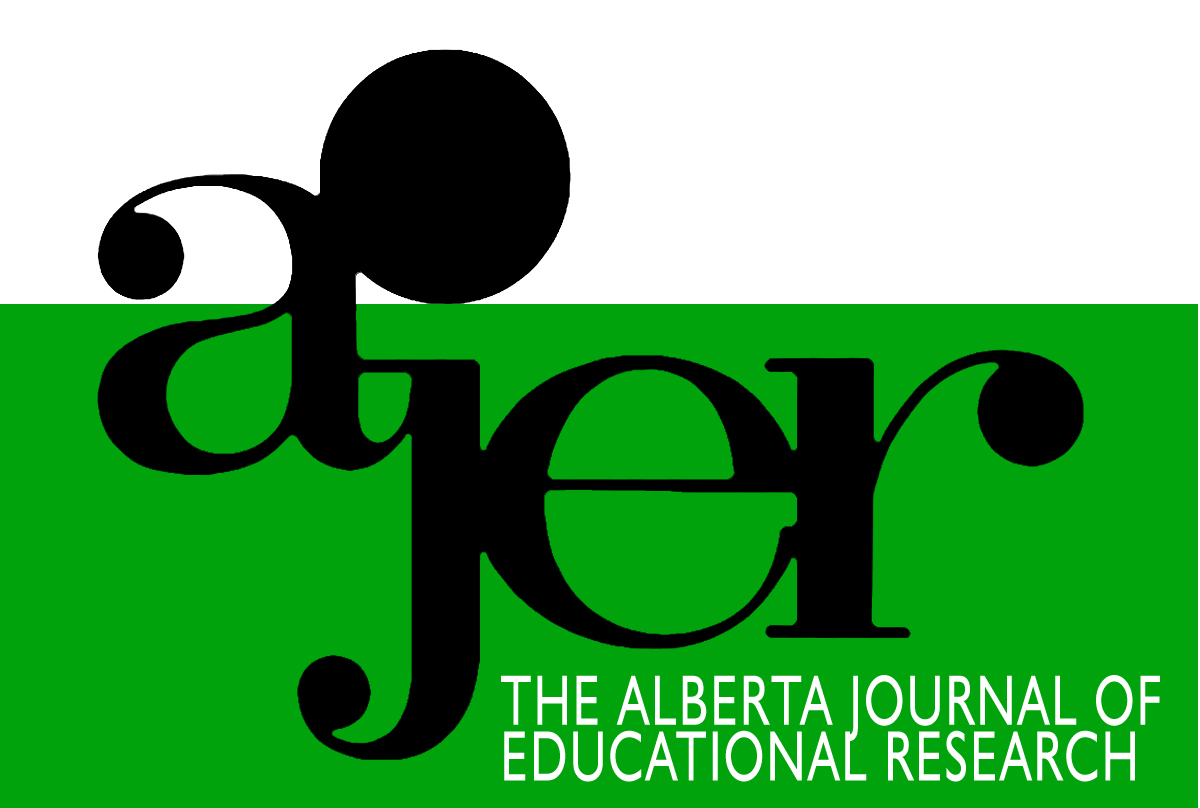Living with a Foreign Tongue: An autobiographical narrative inquiry into identity in a foreign language
DOI:
https://doi.org/10.55016/ojs/ajer.v60i2.55803Keywords:
Identity, foreign language, split, Narrative Inquiry, Mots clés, identité, langue étrangère, fragmentation, enquête narrativeAbstract
Learning a second language involves the development of an identity in the target language. This study is an autobiographical narrative inquiry into the issue of identity in a foreign language. Autobiographical accounts of my relationship with, and my feelings about, English at different stages in my learning journey are developed to show how my identity with English has formed, shifted, and reconstructed. A critical perspective on identity formation is used to shed light on the identities I have lived with at different stages of my learning journey. The high status of English in China turned into my inner motive to acquire an identity as someone who speaks English well. However, at a more advanced competency level, I experienced a crisis of identity split between my English identity and my native Chinese identity, especially after becoming aware of an unequivocal postcolonial linguistic discourse that positions the two languages differently.
L’apprentissage d’une langue seconde implique le développement d’une identité dans la langue cible. Cette étude est une enquête narrative autobiographique portant sur la question de l’identité dans une langue étrangère. Je développe des récits autobiographiques sur mon rapport avec la langue anglaise, et mes sentiments au sujet de celle-ci, à différentes étapes de mon parcours d’apprentissage de sorte à démontrer la formation et l’évolution de mon identité linguistique en anglais. Une perspective critique de la formation de l’identité vient éclairer les identités que j’ai développées à différentes étapes de mon parcours d’apprentissage. Le statut élevé de l’anglais en Chine est devenu ma motivation interne d’acquérir une identité comme quelqu’un qui parlait bien l’anglais. Par contre, arrivée à un niveau de compétence plus élevé, j’ai traversé une crise de fragmentation de mon identité où j’étais déchirée entre mon identité en anglais et ma propre identité chinoise, notamment après m’être rendu compte du discours linguistique postcolonial explicite qui accorde des places différentes aux deux langues.
Downloads
Published
Issue
Section
License
UNIVERSITY OF ALBERTA COPYRIGHT LICENSE AND PUBLICATION AGREEMENT
If accepted, authors will be asked to sign a copyright agreement with the following points:
A. Where there is any inconsistency between this Copyright License and Publication Agreement and any other document or agreement in relation to the same subject matter, the terms of this Agreement shall govern.
B. This document sets out the rights you are granting in relation to publication of your article, book review, or research note entitled (the “Article”) through inclusion in the academic journal titled Alberta Journal of Educational Research (the “Journal”) published through the Faculty of Education, representing the Governors of the University of Alberta (the “Journal Editor”).
C. There will be no payment to you for this publication and grant of rights. In consideration of the agreement to publish the Article in the Journal:
1. You are warranting that:
- the content of the Article is your original work, and its content does not contain any material infringing the copyright of others; or, where the Article is not entirely your original work, you have obtained all necessary permissions in writing to grant the rights you are giving in this agreement;
- the content of the Article does not contain any material that is defamatory of, or violates the privacy rights of, or discloses the confidential information of, any other person;
- the Article has not been published elsewhere in whole or in part, and you will not allow publication of the Article elsewhere without the consent of the Journal Editor;
- the names of all co-authors and contributors to the Article are:
2. You agree to license the copyright in the Article to the Journal Editor, on a worldwide, perpetual, royalty free basis; and to the extent required by the terms of this agreement. You shall retain the right at all times to be acknowledged as the/an author of the Article.
3. You further agree that the Journal Editor has the entitlement to deal with the Article as the Journal Editor sees fit, and including in the following manner;
- The right to print, publish, market, communicate and distribute the Article and the Journal, in this and any subsequent editions, in all media (including electronic media), in all languages, and in all territories, ing the full term of copyright, and including any form of the Article separated from the Journal, such as in a database, abstract, offprint, translation or otherwise, and to authorize third parties to do so;
- The right to register copyright of the Journal;
- The right to edit the Article, to conform to editorial policy as the Journal Editor sees fit.
4. If any co-author or contributor to the Article does not sign this agreement, the Journal Editor reserves the right to refuse to publish the Article.



